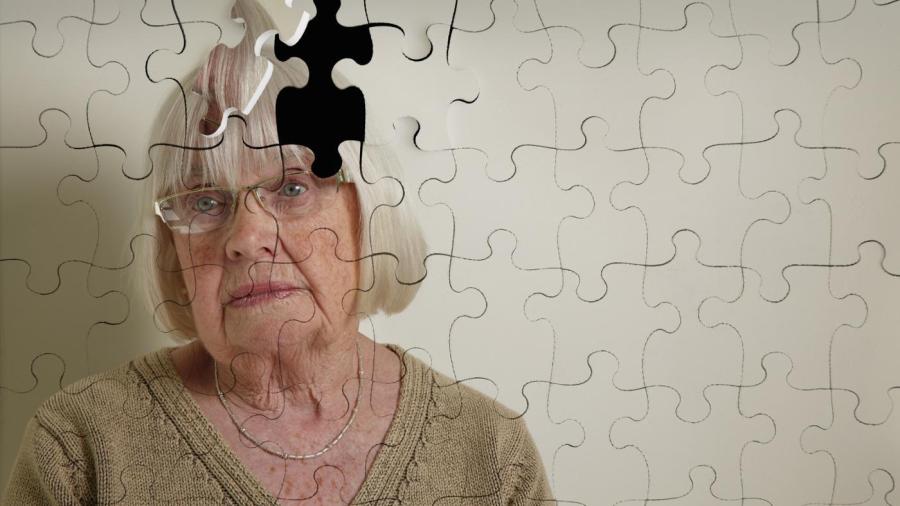What Are the Advanced Stages of Dementia?

The most advanced stages of dementia are moderate impairment and severe impairment, according to Healthline. A person with moderate impairment requires supervision when performing chores or engaging in social activities outside of the home. Severe impairment involves extreme memory loss and a need for help in all areas of life.
Dementia sufferers in the moderate impairment stage require assistance with personal hygiene practices, as Healthline explains. They exhibit difficulty remembering new information, such as the names and faces of people they recently met, and their short-term memory is significantly compromised. They also have difficulty grasping the concepts of time and space, and they have a tendency to get lost more easily than in the past.
As people enter the severe impairment stage of dementia, they lose their sense of orientation in location and time, according to Healthline. It is nearly impossible for individuals with dementia that has progressed to this final stage to engage in activities outside the home even with help from caretakers.
Although dementia is usually progressive, such as in cases of Huntingon’s disease and Alzheimer’s disease, there are some cases in which it is reversible, according to Healthline. Additionally, the signs of dementia sometimes result from nutritional deficiencies, brain bleeding, infections and certain medications. In these cases, addressing the underlying cause may prevent the dementia from worsening.





